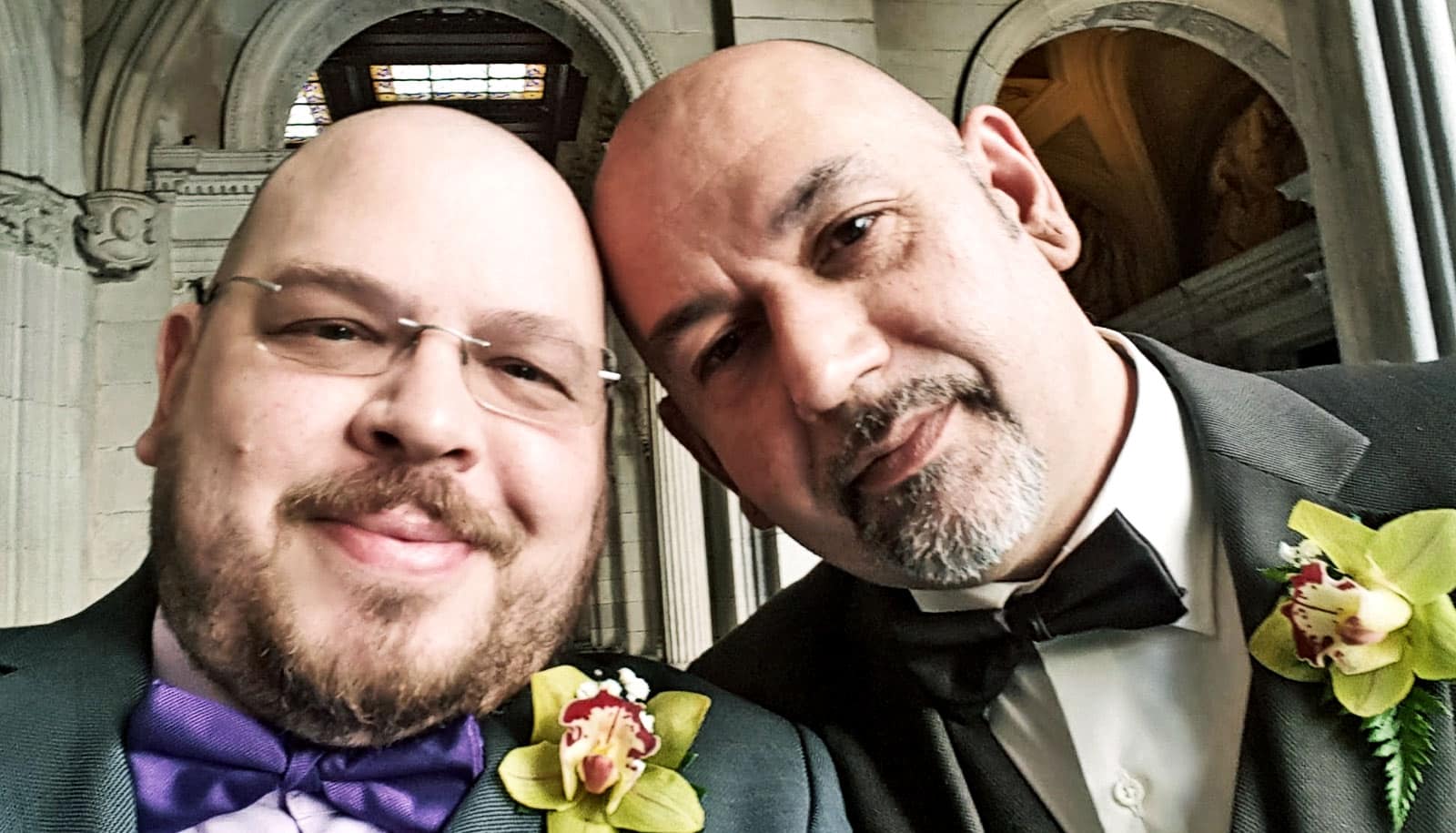Young gay men who are uncomfortable discussing sexual issues with their primary care providers and experience health care discrimination are less likely to seek coordinated care, according to a new study.
That can lead to missed opportunities for early diagnosis of chronic and mental health issues, researchers say.
“Oftentimes, once gay patients disclose their sexual orientation, providers do not know how to respond in a sensitive way…”
The study in the Journal of Gay and Lesbian Social Services examines the types of health care facilities that young gay men use, their preference for coordinated health care, and their satisfaction with the care provided.
Researchers found that dissatisfaction with health care—due to discrimination based on race, ethnicity, economic status, or sexual orientation—greatly affected how and where people seek medical care.
“Oftentimes, once gay patients disclose their sexual orientation, providers do not know how to respond in a sensitive way and many patients leave the encounter less likely to disclose this information in future visits,” says Marybec Griffin, assistant professor at the Rutgers School of Public Health.
“Even if the disclosure conversation is successful, many providers lack the knowledge of gay men’s health issues, which translates to inappropriate screening and prevention service, including the low levels of HPV vaccination and site-specific STI [sexually transmitted infection] testing.”
The researchers surveyed 800 young gay men in New York City between the ages of 18 and 29 who reported their health care usage and satisfaction across three factors: facility type, coordination of health care, and satisfaction with care provided.
The findings show that the health care system does not fully address the health care needs of gay men.
Participants who had prior experiences of discrimination in health care settings were less likely to seek care from a single provider and were more likely to be dissatisfied with health care as a result.
Those who had disclosed their sexual orientation and were comfortable discussing sexual activity with their health care provider were more likely to agree that their health care needs were being adequately addressed. Creating safe spaces that encourage disclosure of sexual orientation builds trust between patients and providers and allows for relevant screening and preventive services that young gay men need, researchers found.
Further, health care cost and convenience play an important role in accessing care. Participants who had a primary care provider were less likely to use walk-in models of health care, such as emergency rooms and urgent care facilities, indicating that once satisfactory care is established, patients will not doctor-shop or use more convenient types of care, allowing an ease of access and more anonymity for STI testing and treatment.
“As the use of nontraditional health care facilities like urgent care centers increases, it is important that providers in these settings are aware of the health care needs of gay men,” says Perry N. Halkitis, dean of the Rutgers School of Public Health.
“Providers in these settings should be trained on proper screening protocols for gay men, including sensitivity around soliciting information on sexual orientation and behaviors.”
Source: Rutgers University



